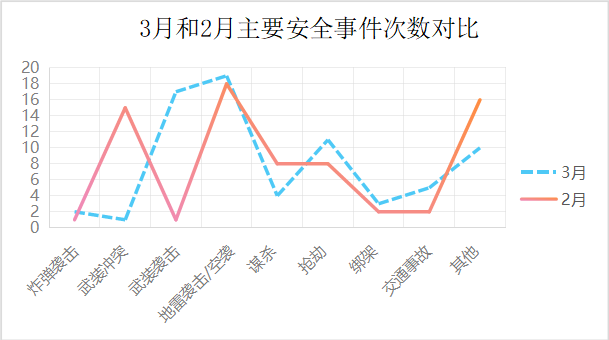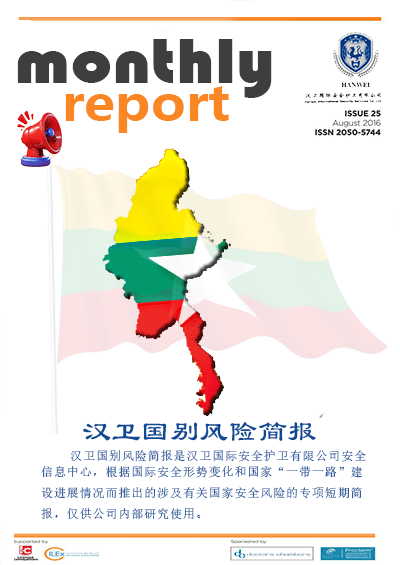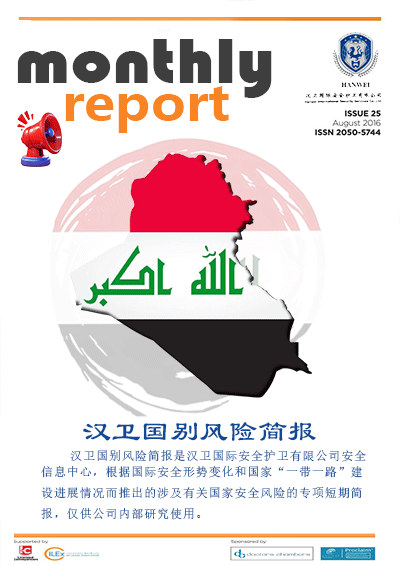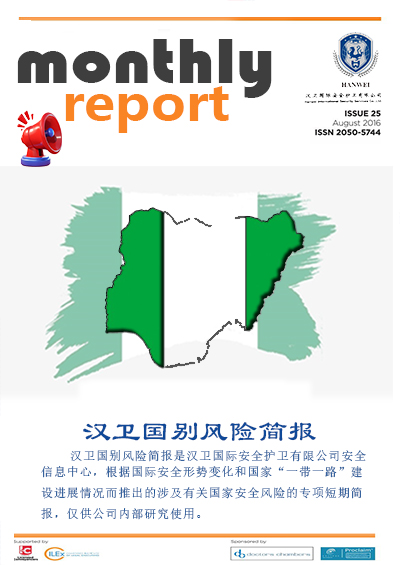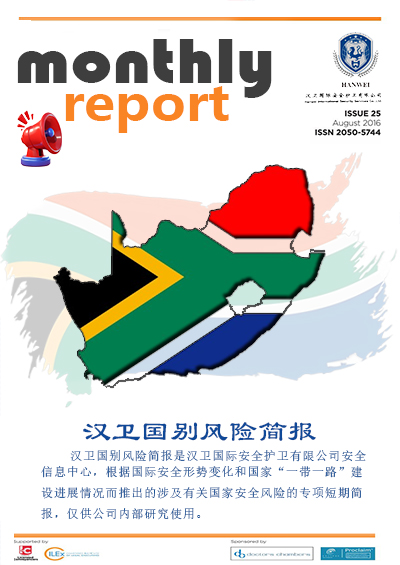March Risk Monthly Report for Myanmar
According to the security public opinion report of Hanwei International, a total of 107 representative security incidents occurred in Myanmar in March, 5 more than in February. These security incidents resulted in 3233 deaths and 4187 injuries. Among the categorized security incidents, robberies and armed conflicts were the main types. Most incidents occurred in Shan State, Mandalay, Yangon, etc.
Hanwei International analyzes that the situation in Myanmar remains tense with ongoing conflicts. Statistics show that the number of security incidents increased compared with the previous month, with fewer deaths but a significant increase in injuries. This is mainly due to a major earthquake that struck Myanmar on March 28, causing a large number of casualties.
Tensions Ahead of Myanmar's General Election The Myanmar military government has called on opposition groups to cooperate in holding elections, but various political parties hold different opinions. On March 10, Senior General Min Aung Hlaing, leader of the Myanmar military government, called on opposition groups to cooperate with the military to advance the general election and establish a democratic system. On the same day, representatives of Myanmar's political parties expressed differing attitudes toward the election plan, highlighting the complexity and controversy of the election. The "New Social Democratic Party" claimed that the military was forced to hold elections under pressure from China and Russia, and questioned the fairness. The "People's Vanguard Party" stated that Myanmar needs to hold elections as soon as possible, and only a democratically elected government can ease the situation in Myanmar. The "Shan National Democratic Party" expressed concerns about security issues during the election. Opposition groups, including the interim government of the "National League for Democracy", opposed the election and said they would take non-violent means to prevent it. On March 13, U Yi Mon, Defense Minister of the National Unity Government of Myanmar, stated that the People's Defense Force would launch a general offensive nationwide, and that the force was established to pursue a democratic system and oppose military dictatorship. On March 19, armed groups in Mon State issued a warning that they would take action against candidates and organizations in Mon State who plan to participate in or assist the Myanmar military government in holding the election. The Anti-Election Working Committee of the Mon State Federal Council pledged to make every political and diplomatic effort to prevent the election controlled by the Myanmar military government from being recognized or supported. On March 25, Senior General Min Aung Hlaing, leader of the Myanmar military government, delivered a speech at a meeting of the State Administration Council in Naypyidaw, confirming that Myanmar's general election would be held in the third and fourth weeks of December 2025 and the first and second weeks of January 2026, with the election process to be completed by January 2026. Regarding voting, the State Administration Council is studying international practices and will use electronic voting machines, requiring voters to cast their ballots in person to ensure the fairness of the election.
Myanmar's Economy Continues to Decline On March 7, the Canadian government announced new sanctions against 13 officials and 3 companies of the Myanmar military government, citing their actions to undermine national security and stability and commit serious human rights violations. On March 10, Switzerland added the state-owned Myanmar Oil and Gas Enterprise (MOGE), a major source of income for the Myanmar military government, to its sanctions list, imposing sanctions on the entire MOGE department and related officials. It restricted MOGE's access to the Swiss financial system and prohibited Swiss companies from operating in Myanmar's oil and gas industry. On March 16, a report by BMI, a London-based economic research institute, showed that Myanmar's economy is expected to shrink by 2% in the fiscal year ending this March compared to 2020, before the coup, meaning a 20% economic decline over four years. The current conflict, natural disasters, currency depreciation, inflation, and other factors have severely affected Myanmar's economy, leading to its decline. On March 30, the external market exchange rate of Myanmar showed that 1 US dollar (USD) was exchanged for 4370 Myanmar kyats (MMK). Compared with March 23, when 1 US dollar was exchanged for 4350 kyats, the exchange rate of the kyat against the US dollar has fallen.
Severe Casualties from Powerful Earthquake in Myanmar On March 28, a powerful 7.9-magnitude earthquake struck the Sagaing fault zone in Myanmar, with the epicenter located 20 kilometers northeast of Mandalay. The earthquake caused severe damage in Mandalay, Sagaing, Naypyidaw, and other areas. As of local time March 30, the powerful earthquake in Myanmar had killed 1700 people, injured 3400, and left about 300 missing. Most deaths occurred in the Mandalay area. The earthquake destroyed a large number of houses and severely damaged important infrastructure. Internet communication in major cities such as Mandalay has been disrupted, and land and air transportation have also been severely affected, posing great difficulties for rescue operations. Due to damaged houses or fears of aftershocks, thousands of people chose to spend the night on the streets and in open areas. On March 29, the Chinese government quickly launched rescue operations for the earthquake-stricken areas in Myanmar. A 37-member Chinese Yunnan rescue medical team arrived in Yangon 18 hours after the earthquake, becoming the first international rescue team to reach Myanmar, and immediately rushed to the hard-hit area of Naypyidaw. At the same time, 16 Blue Sky Rescue team members carrying professional equipment left through the Ruili Port to go to Muse for rescue work. In addition, China announced an emergency assistance of 100 million RMB to Myanmar, with the first batch of materials including tents, blankets, and food shipped on March 31. The United Nations is collecting information on the number of affected people, damage to infrastructure, and urgent humanitarian needs to guide the response as effectively as possible. A UN official in charge of humanitarian affairs said that the UN crisis team in Myanmar is responding quickly to the powerful earthquake. The UN has initially allocated 5 million US dollars from its Emergency Relief Fund to support the rescue operations.
Frequent Armed Conflicts in Many Parts of Myanmar On March 4, fierce fighting broke out between the Myanmar military and the People's Defense Force on the Shwebo-Myitkyina highway section in Kanbalu Township, Sagaing Region, resulting in 40 deaths. On March 6, the People's Defense Force ambushed a Myanmar military convoy on the Chaung-U-Myauk-U highway section. The Myanmar military base in Chaung-U Township launched artillery support, and the Meiktila Air Base dispatched warplanes for air strikes. The fighting resulted in 23 deaths on the military side and 4 deaths on the People's Defense Force side. On March 9, the Karen National Liberation Army (KNLA) and allied forces captured the Dabeikyo frontline camp of the Myanmar military in Tantanggyi Township, Karen State. The battle caused 10 deaths among Myanmar military soldiers. The camp is affiliated with the 73rd Light Infantry Battalion of the Southern Theater Command in Taungoo Township. On March 13, the KNLA captured the Phlu渡口 outpost base under the 31st Infantry Battalion of the Myanmar military in eastern Lay Ba Wa Township, resulting in 3 deaths and 4 injuries. On March 15, 3 soldiers from the No. 15 military factory of the Myanmar military in Ngazun Township, Mandalay Region, were attacked by the People's Defense Force while patrolling, resulting in 3 deaths. On March 18, fighting broke out between anti-government armed groups and Myanmar military forces in Gangaw Township, with continuous drone attacks and shelling, resulting in 5 deaths including a military battalion commander and 2 captures. On March 20, the Myanmar military carried out air strikes on Thilin Township and Salin Township, causing 5 deaths and 23 injuries. On March 22, the Myanmar military carried out an air strike on the Nhan Kha village clinic in Gangaw Township, Magway Region, resulting in 12 deaths and 6 injuries. On March 28, the Myanmar military shelled a hospital in Kamayut Township, causing 2 deaths and 7 injuries.
Following the 7.7-magnitude strong earthquake on March 28, a 5.5-magnitude aftershock hit the Mandalay area in the early morning of April 13, causing residents to panic and flee from their homes to the streets. Then, on April 14, the first day of the New Year, multiple earthquakes struck Magway Region and other places, continuing to heighten public panic. Since the strong earthquake on March 28, a total of 128 aftershocks have been recorded in just 16 days, averaging 8 times a day.Suggestions from Hanwei International: Be cautious about earthquake prevention and respond rationally. People in Myanmar should remain vigilant and stay away from earthquake-prone areas as much as possible. In the event of an earthquake: 1. Stay calm: Do not panic and follow the principles of emergency evacuation during an earthquake. 2. Find a safe place: Try to stay indoors, away from windows and fragile items, and take shelter under a sturdy table or furniture. If outdoors, stay away from buildings, utility poles, and other objects that may collapse. 3. Keep communication open: Pay attention to official earthquake information and keep abreast of aftershock situations. 4. Improve self-rescue and mutual rescue capabilities: Earthquakes cannot be accurately predicted, so it is important to enhance personal awareness and emergency preparedness.
Myanmar emergency police number: 0095-199Myanmar medical emergency number: 0095-192Consular protection and assistance hotline of the Consulate-General of the People's Republic of China in Mandalay: 0095-9-259172726Consular protection and assistance hotline of the Embassy of the People's Republic of China in Myanmar: 0095-9-43209657Ministry of Foreign Affairs global consular protection and service hotline (24-hour): 0086-10-12308 or 0086-10-65612308
Chart 1: Classification of Security Incidents in March
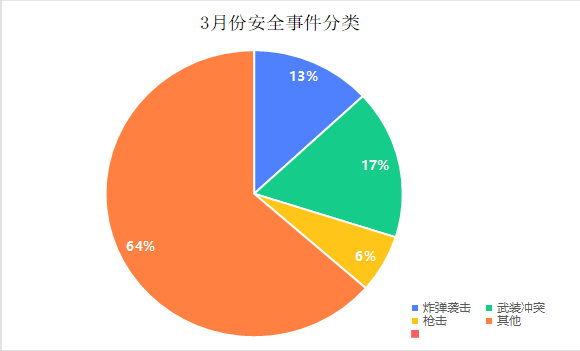
Chart 2: Statistics on Deaths/Injuries in March
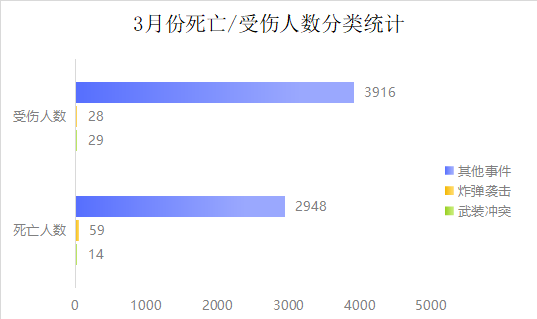
Chart 3: Statistics of Security Incidents in Major States/Regions in February
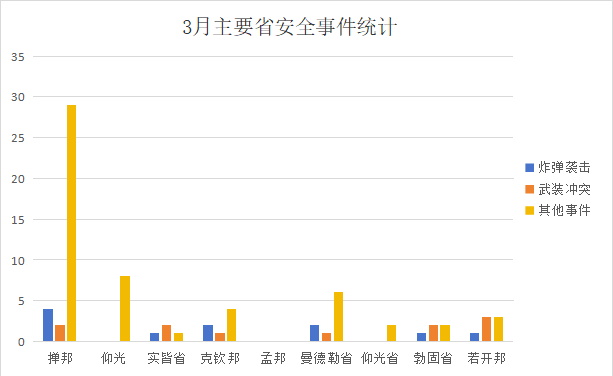
Chart 4: Comparison of Major Security Incidents Between March and February
